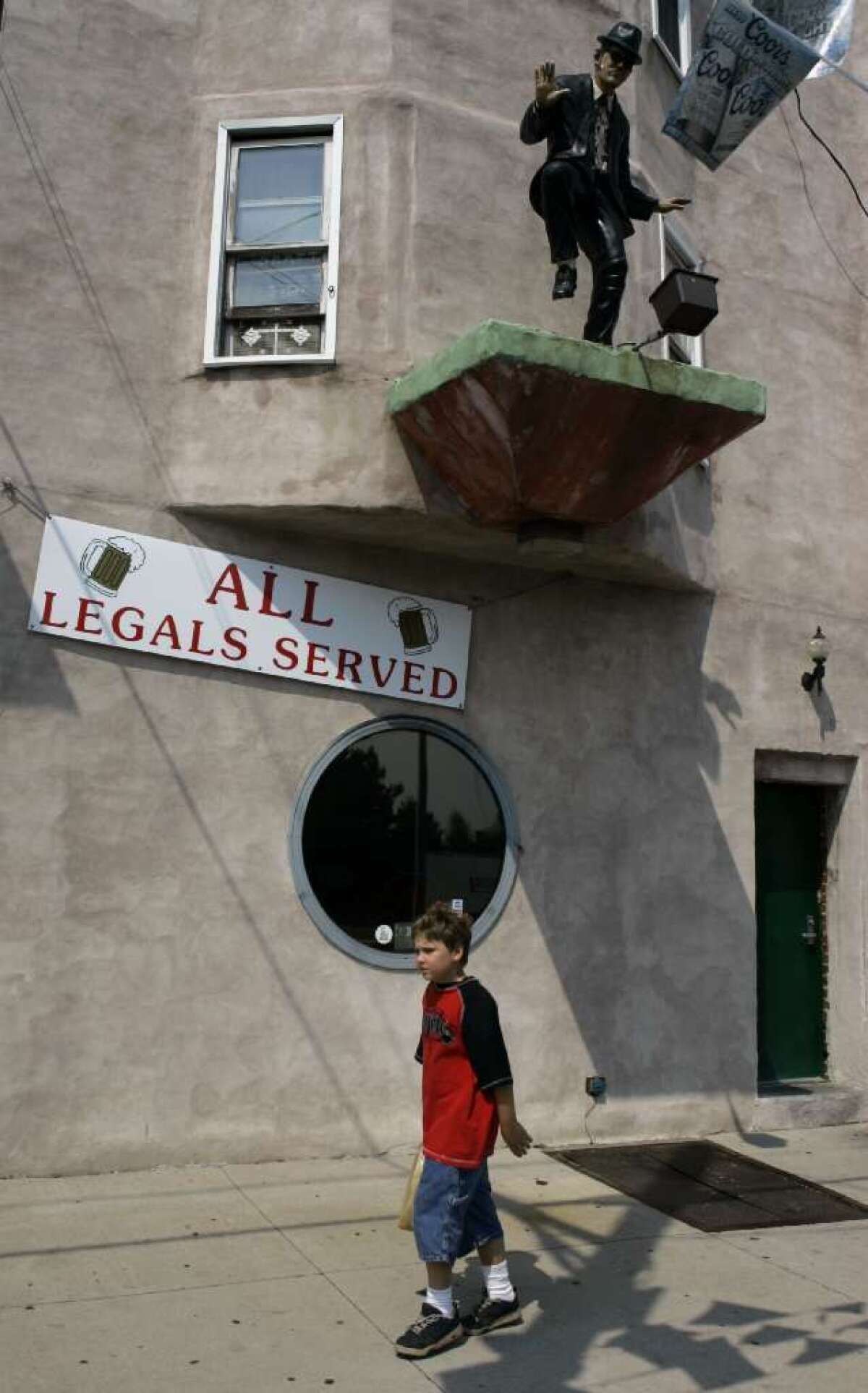Immigration overreach by states, towns

- Share via
Last year, when the Supreme Court struck down the noxious Arizona law known as SB 1070, it sent a clear message to states seeking to enact their own immigration laws: Don’t do it.
The court ruled that the law, which in effect sought to bully undocumented immigrants into leaving the state, was an unconstitutional intrusion by a state government into an arena — immigration policy — that is the responsibility of the federal government.
But apparently the high court’s decision has done little to diminish support for such laws in Hazleton, Pa., and Farmers Branch, Texas, where officials have spent millions defiantly defending local housing ordinances intended to regulate immigration.
In Hazleton’s case, the city adopted an ordinance in 2006 that would have turned landlords into criminals if they rented to immigrants lacking legal status. Two courts, including the U.S. 3rd Circuit Court of Appeals, have struck down the measure, finding it both discriminatory and an infringement on the federal government’s sole authority over immigration.
And an en banc review by the U.S. 5th Circuit Court of Appeals found that the Farmers Branch law, which required city officials to deny “occupancy licenses” to renters if it was found they were in the country illegally, similarly interfered with the federal government’s authority.
Now both cities are asking the Supreme Court to review the lower-court decisions that invalidated their ordinances. Supporters argue that these laws regulate housing, not immigration, and therefore do not interfere with federal authority. They cite a Nebraska law allowing such housing restrictions that was upheld this year by a circuit court.
That argument is specious. Laws that punish immigrants who are in the country illegally for trying to find a place to live, or that require landlords to check the immigration status of prospective tenants, or that mandate that renters register with the city and provide proof of their legal status, are clearly intended to regulate immigration. In fact, these laws rely on the same “attrition by enforcement” strategy that Arizona employed when it tried to force immigrants out of the state by making their day-to-day lives so harsh that they would self-deport.
Local regulations certainly can and do interfere with the federal government’s authority. As District Judge James Munley wrote in 2007, when he struck down Hazleton’s ordinance, it “is difficult to conceive of a more effective method of ensuring that persons do not enter or remain in a locality than by precluding their ability to live in a place.” If the federal government is to have authority over who stays and who is deported, it must have that power in every state and city.
The Supreme Court should deny both cities’ requests for review, and in so doing remind local officials that immigration reform is Congress’ job — if only lawmakers would step up and do it.
More to Read
A cure for the common opinion
Get thought-provoking perspectives with our weekly newsletter.
You may occasionally receive promotional content from the Los Angeles Times.






